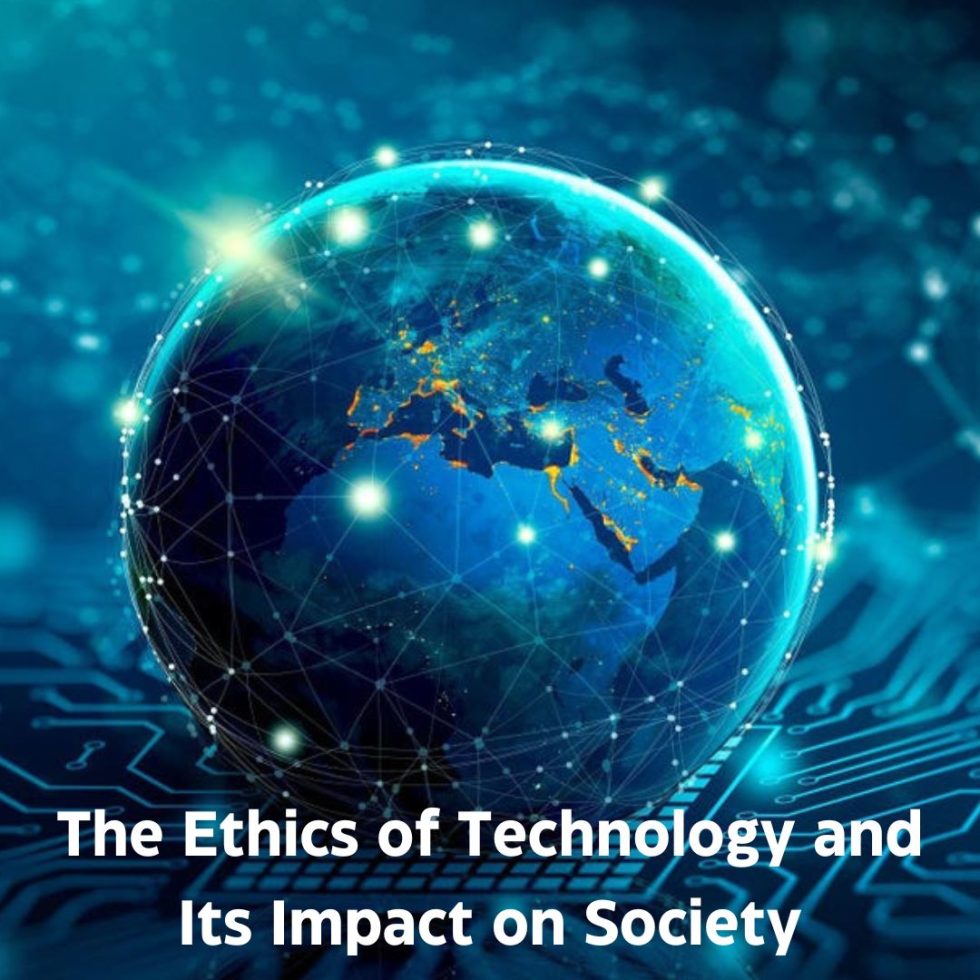
The ethics of using technology refers to the moral and social considerations involved in the development, deployment, and use of technology. Technology has the potential to transform society in profound ways, and it is important to ensure that it is used in a responsible and ethical manner.
How misuse of personal information is increasing day by day?
Misuse of personal information refers to the unauthorized or improper use of someone’s personal data, such as their name, address, phone number, email address, social security number, financial information, or other sensitive information.
This can happen in many ways, such as through identity theft, phishing scams, hacking, data breaches, or even through simple human error, such as leaving confidential information lying around.
What are the consequences anyone needs to bear during any information used?
The consequences of personal information misuse can be severe, including financial losses, damage to reputation, and even identity theft. To protect themselves, individuals can take steps such as using strong passwords, not sharing personal information online, monitoring their credit reports regularly, and being careful about the websites and apps they use. Companies and organizations also have a responsibility to safeguard the personal information of their customers and employees by implementing strong security measures and following best practices for data privacy.
The ethical use of technology requires a thoughtful and responsible approach that takes into account the potential impact on individuals, society, and the environment. By considering these ethical considerations, we can ensure that technology is used in a way that promotes the common good and benefits everyone below are listed Some key ethical considerations when using technology which includes:
Privacy: People have the right to privacy, and technology should not be used to infringe upon that right. Companies and individuals must ensure that they are collecting and using data in a way that is transparent and respects individuals’ privacy.
- Protection of personal information: Technology collects and processes large amounts of personal data, including names, addresses, social security numbers, and credit card information. Privacy protection ensures that this data is not used or accessed by unauthorized individuals or organizations, protecting individuals from identity theft, fraud, and other forms of exploitation.
- Preventing discrimination: Privacy protection can help prevent discrimination based on sensitive personal characteristics such as race, gender, religion, and sexual orientation. When personal data is used to make decisions about individuals, privacy protection ensures that such decisions are fair and unbiased.
- Compliance with laws and regulations: Many countries have laws and regulations that require organizations to protect the privacy of personal data. Compliance with these laws is essential to avoid legal and financial penalties and to maintain the trust of customers and stakeholders.
How data is collected and used for technical services?
Security: As technology becomes increasingly integrated into our lives, it is important to ensure that it is secure and not vulnerable to hacking or other forms of cyber attacks. Companies and individuals must take appropriate measures to protect their systems and data. Data security breaches can have a significant impact on society, both in terms of the individuals whose data is compromised and on society as a whole. Here are some ways that data security breaches can impact society:
- Loss of personal information: When a data breach occurs, personal information such as names, addresses, Social Security numbers, and financial information can be compromised. This can lead to identity theft, fraud, and financial loss for individuals. It can also make individuals feel vulnerable and violated, which can have a psychological impact.
- Economic impact: Data breaches can have a significant economic impact, both for individuals and for society as a whole. For individuals, the financial loss resulting from identity theft or fraud can be significant. For society as a whole, data breaches can lead to increased costs for businesses and governments in terms of cybersecurity measures, legal fees, and loss of productivity.
How equality is promoted in an institution?
Equality: Technology should be designed and deployed in a way that promotes equality and does not discriminate against certain groups of people. This includes ensuring that technology is accessible to people with disabilities and that it does not perpetuate biases or discrimination.
- Trust in institutions: trust play a vital role in a large institution such as a bank, government agency, or healthcare provider, it can erode public sentiment as the policy which governs data safety and equality is made for mass adoption in these institutions. This can lead to decreased confidence in the ability of these institutions to protect sensitive information and can damage their reputation.
- Social implications: Data breaches can also have social implications, particularly when they involve sensitive information such as healthcare records or personal preferences. This can lead to discrimination, stigmatization, and other negative social consequences.
How are citizens and big intuitions responsible for tech adoption?
Responsibility: Companies and individuals must take responsibility for the impact of their technology on society and the environment. This includes considering the potential negative consequences of technology and taking steps to mitigate them.
- Trust in technology: ethical use of technology helps to build trust between individuals and technology. Individuals are more likely to use and adopt technology when they have confidence that their personal information is being handled in a responsible and ethical manner.
- Protection of human rights: The Universal Declaration of Human Rights recognizes the right to privacy as an essential component of human dignity and liberty. Privacy protection helps to ensure that individuals can exercise their rights to freedom of speech, association, and assembly without fear of surveillance or retribution.
- Transparency: Technology should be developed and used in a transparent manner, with clear explanations of how it works and how it is being used. This includes providing information about data collection and use, as well as ensuring that algorithms and decision-making processes are transparent and explainable.
- National security: data branches at the national level can also have national security implications, particularly when they involve sensitive government information or infrastructure. This can include the compromise of classified information, the disruption of critical infrastructure, or the exposure of vulnerabilities in government systems.
Conclusion
Artificial intelligence (AI) is also a field of computer science that, in its most basic sense, focuses on developing systems and procedures that can perform and respond in the same manner as a human operator.
So, technology is like double-edged sword if it is not used ethically it can lead to serious consequences.









